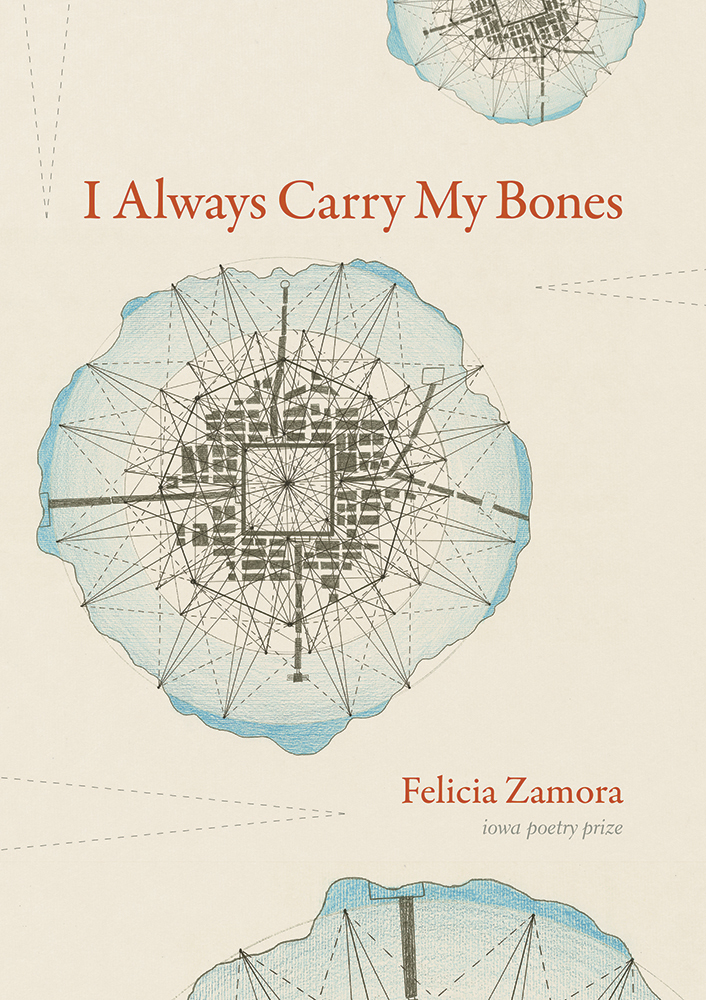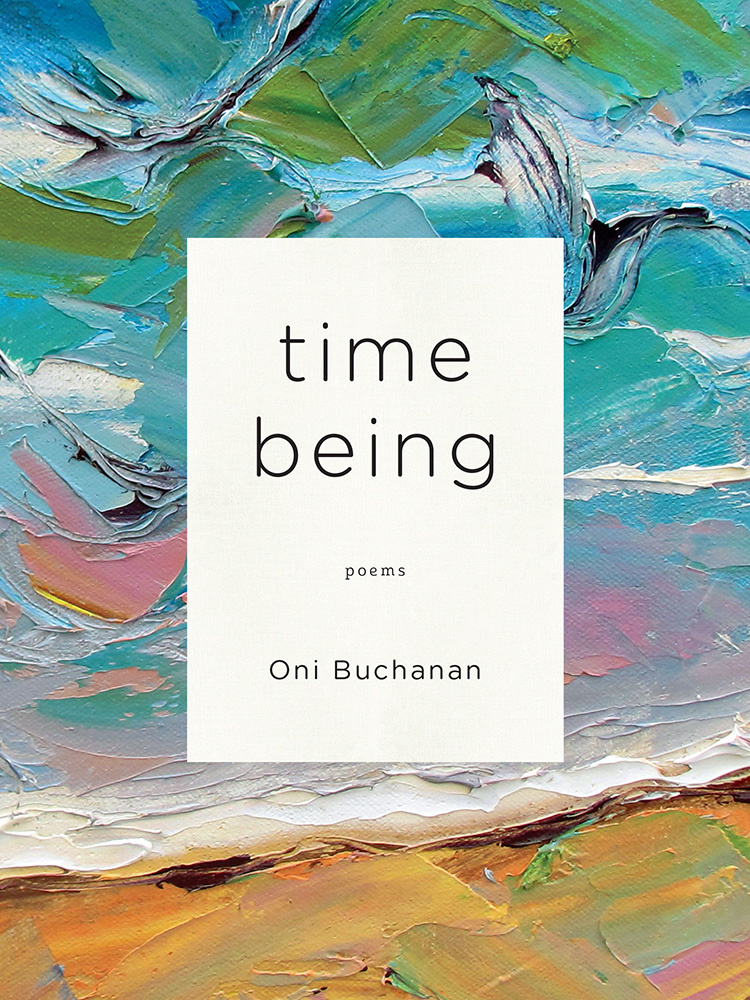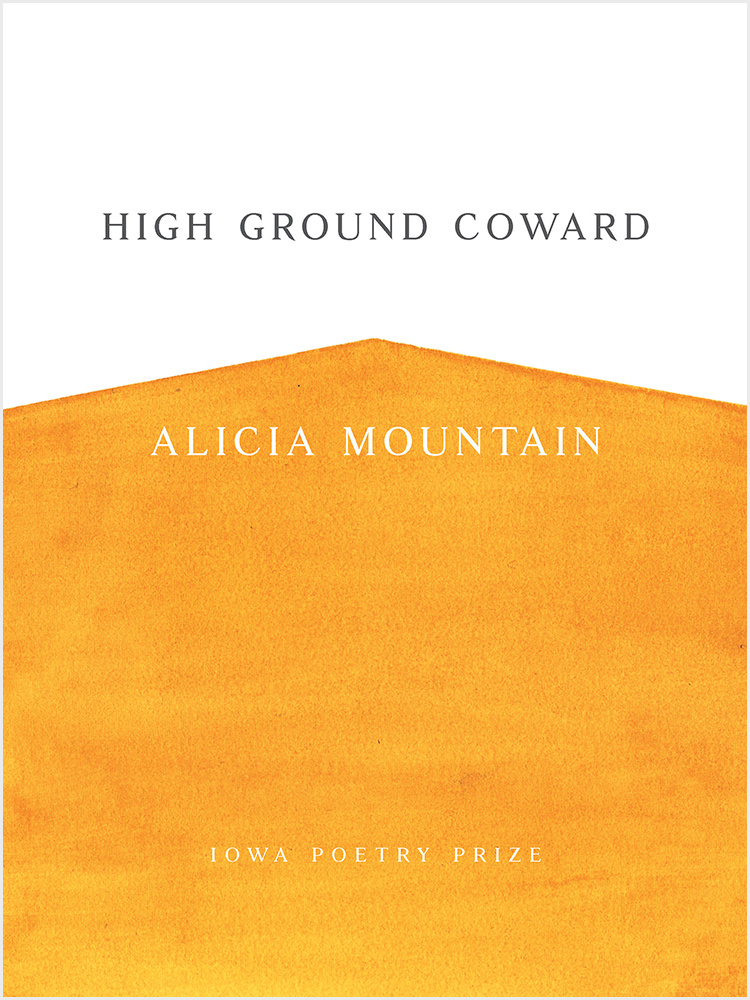The poems in I Always Carry My Bones tackle the complex ideation of home—the place where horrid and beautiful intertwine and carve a being into existence—for marginalized and migrant peoples. Felicia Zamora explores how familial history echoes inside a person and the ghosts of lineage dwell in a body. Sometimes we haunt. Sometimes we are the haunted. Pierced by an estranged relationship to Mexican culture, the ethereal ache of an unknown father, the weight of racism and poverty in this country, the indentations of abuse, and a mind/physicality affected by doubt, these poems root in the search for belonging—a belonging inside and outside the flesh. This powerful collection is a message of longing for a sanctuary of self, the dwelling of initial energy needed for the collective fight for human rights.
“It’s said that the body remembers, and this book reveals that memories, too, embody. The story of a lived, living body is stored, stored-up until it spills over onto pages full of memories, rage, power, cruelty, survival, love . . . and some stubborn belief that a body will find a way to tell the truth. The poems ask: What did it take to survive? The poems answer: It took every cell moment by moment, accounted for, told on, inscribed, memorized.”—Brenda Shaughnessy, judge, Iowa Poetry Prize
“‘What dwells in land, dwells in you,’ writes Felicia Zamora in I Always Carry My Bones, a book that flows as streams do: relentlessly despite obstructions, despite injustices. Through a boundless range of analysis, Zamora renders trauma in the brown body as a ‘lone thistle in the torrent of letters.’ Her poems are ecstatic and leap in pursuit of truth and cruel beauties. Zamora’s work will remind you that the world is the body— science and psyche. This book is thread let loose and there’s no telling which direction Zamora will pull it.”—Diana Marie Delgado, author, Tracing the Horse
In Zamora’s lines, one connects images to narrative threads, peaks to trails, glimpsed like a face lit up ‘amid the mulberries at twilight.’ I Always Carry My Bones carries itself, past salvage or triage, the unevenness of light, to imagining—‘we imagine / ourselves every moment’—where the body might carry itself, imagined anew. —Jos Charles, author, Feeld
“’How do we speak out of the dust inside we will become?’ Zamora asks, and the answer is bit by bit, poem by stunning poem. Through personal histories (hers and ours), coyotes, and language at times lush as moons and at times sober and simple as daylight, Felicia Zamora—one of my favorite poets—drags America to the desert and takes America to task, survives it, destroys it, renames it, and it’s a blessing for our own weary brown to bask in what she’s done and learned with the carrying of her own.”—Danez Smith, author, National Book Award Finalist
From “Borderless Wake”
No borders speak me, weave me into being; how
language and failed construct, of imaginary lines in limit;
how the word clavicle releases from jaws & synapses
from our brains, yet the word clavicle fails to be bone, itself,
to never be ridged, raised collagen in grow just below
surface & outside our tongues, our imaginations
let us dwell in land & landscape without arrest. & of borders,
of take & keep, reap & sow: a hand draws over my mouth,
our indigenous mouths, over our immigrant mouths—hand
the smell of wet soil, of iron, the scent of blood.



